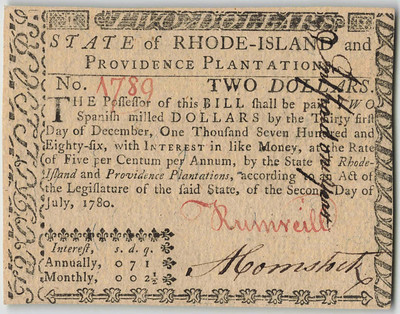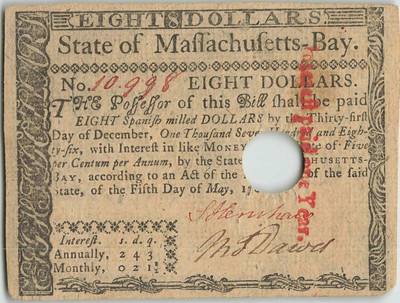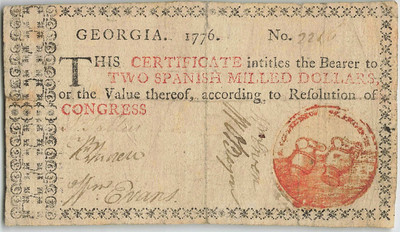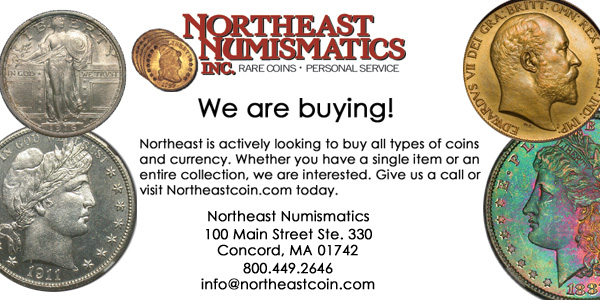
PREV ARTICLE
NEXT ARTICLE
FULL ISSUE
PREV FULL ISSUE
US COLONIAL PAPER MONEY: AN INTRODUCTIONIn his World Banknote Auctions blog, Dennis Hengeveld published an overview of U.S. colonial paper money. -Editor US Colonial Paper Money: An Introduction In 1690 the Colony of Massachusetts issued what would be the first paper currency introduced in North America. While Paper Money had been first printed in China hundreds of years earlier, what we now know as Colonial US Paper Money was the first large issuance of banknotes in the western world. The thirteen original colonies which would later form the United States of America all issued paper money, and many of these notes are surprisingly affordable. In this article we will give some collecting ideas of these fascinating pieces. Thanks to the relative affordability of these notes they are within reach of many collectors. While generally collected within the scope of US Paper Money world collectors will find such issues interesting as well, as many were issued under British rule and as a result they will easily fit in an advanced world collection as well.
One of Each of the Original Thirteen Colonies
Collecting Notes from Famous Printers There are endless possibilities when collecting these historic pieces, especially when one considers the time period that they were issued and the fact that that these notes were widely accepted by a population that previously had only used coins in commerce. If you are interested in reading more about these notes we can recommend The Early Paper Money of America by Eric P. Newman, a full catalog and the most important reference work on these issues. To see a small selection of US Colonial Paper Money in our current auction, including the pieces illustrated above, please visit www.worldbanknoteauctions.com.
To read the complete article, see:
Wayne Homren, Editor The Numismatic Bibliomania Society is a non-profit organization promoting numismatic literature. See our web site at coinbooks.org. To submit items for publication in The E-Sylum, write to the Editor at this address: whomren@gmail.com To subscribe go to: https://my.binhost.com/lists/listinfo/esylum All Rights Reserved. NBS Home Page Contact the NBS webmaster 
|



